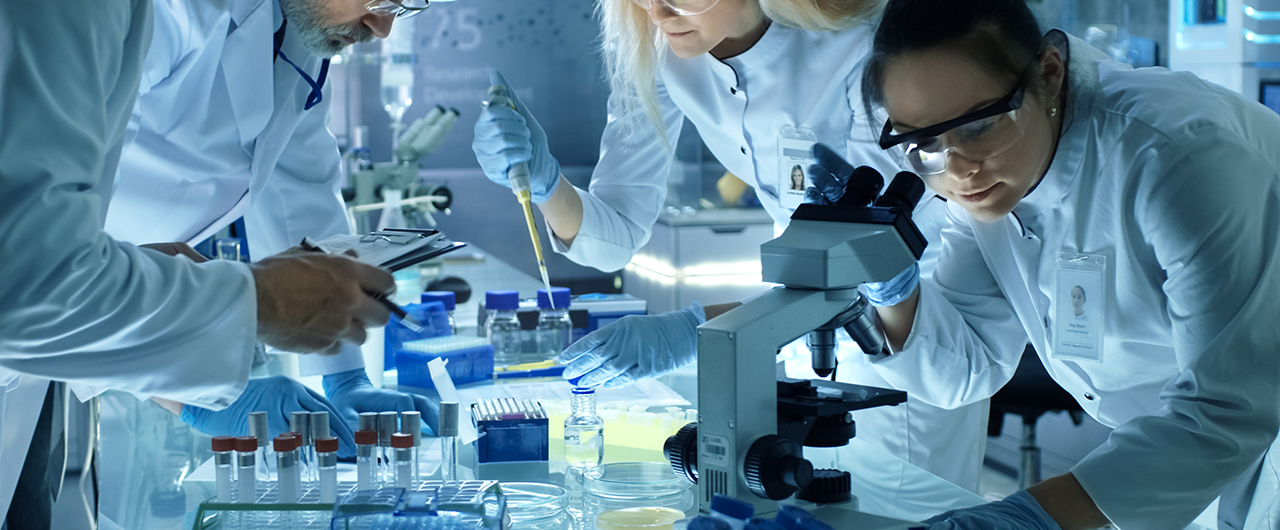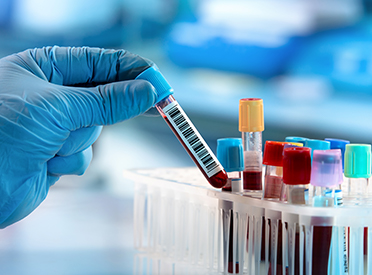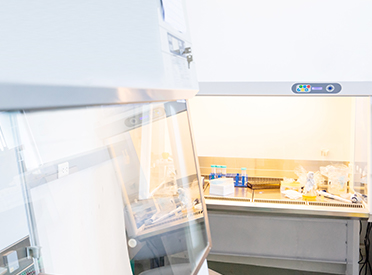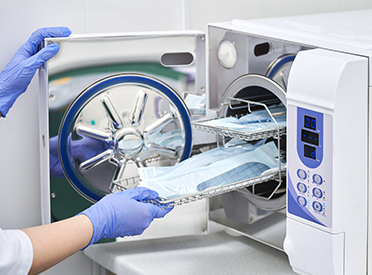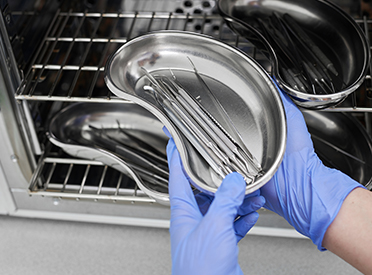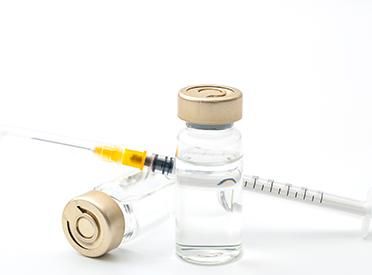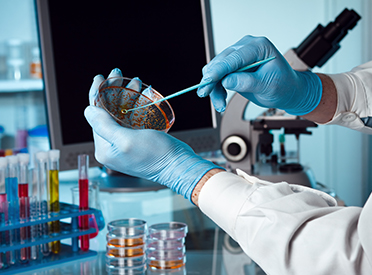The EHS Biosafety Program (BSP), BSP@mit.edu, provides comprehensive biological safety services and guidance for the MIT community. We collaborate with MIT Principal Investigators (PIs), students, and research staff to ensure the safe and responsible conduct of life sciences research. We also provide expertise and advice regarding biological hazards that may be encountered in non-laboratory settings.
Within our research community, we work to protect researchers, the public, and the environment by providing direction, resources, and training regarding the safe handling of hazardous biological materials in the laboratory. We also support the MIT biological research community in maintaining compliance with applicable local, state, and federal regulations and in meeting the biological safety and security requirements of granting agencies.
Outside the laboratory, BSP provides training and guidance to MIT employees who may come into contact with potentially hazardous biological materials.
